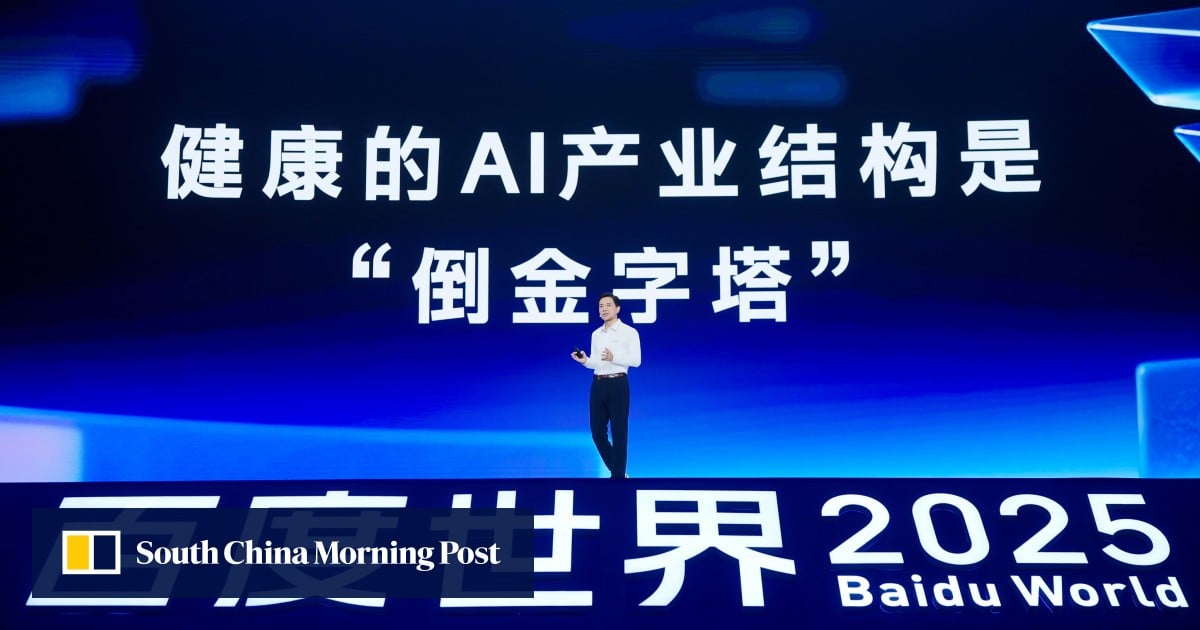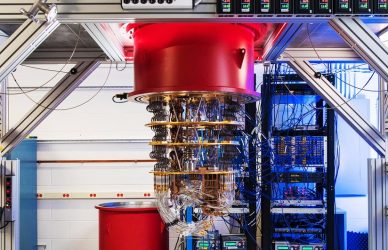
Baidu introduced the M100, designed by its chip unit Kunlunxin Technology to significantly enhance inference efficiency in models using the mixture-of-experts technique, and the M300, tailored for training super-large multimodal models with trillions of parameters.
Shen Dou, executive vice-president at Baidu and president of its cloud unit, said the M100, set for release in early 2026, and the M300, launching in 2027, would provide “powerful, low-cost and controllable AI computing power” to support China’s AI self-sufficiency efforts.
Baidu’s shares gained 0.8 per cent in Hong Kong trading on Thursday morning.
Domestic chips from Baidu and other Chinese firms aim to reduce the country’s reliance on imported advanced processors such as those from Nvidia.
Huawei’s HiSilicon unit is working on the Ascend AI chips, while start-ups like Cambricon Technologies, MetaX Integrated Circuits and Biren Technology are developing graphics processing units used for training AI.
Baidu also plans to cluster its chips into a Tianchi256 stack in the first half of next year, which is expected to achieve a more than 50 per cent performance gain in serving AI systems compared with its previous cluster. Tianchi512, an upgraded version, is set to launch in the second half of 2026, integrating 512 chips.










